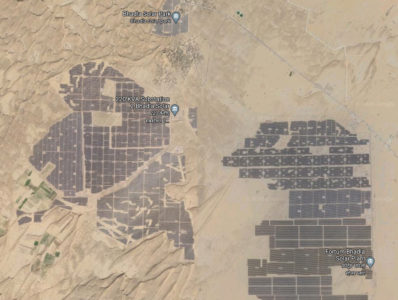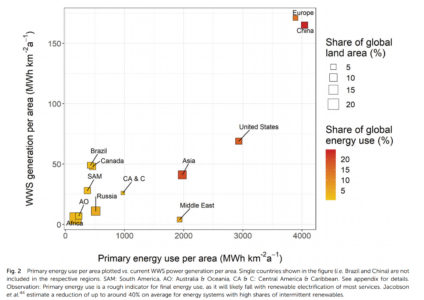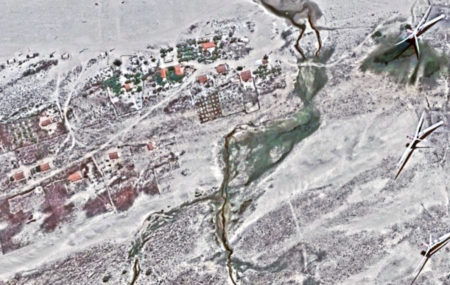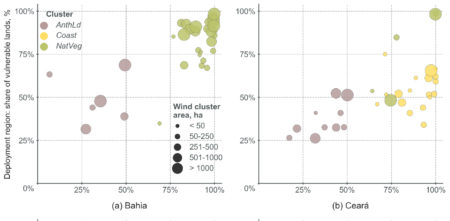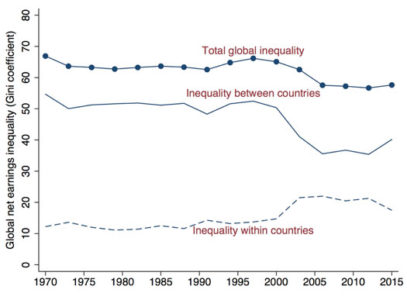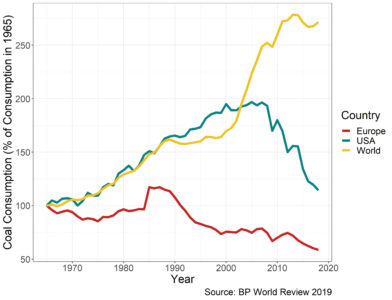Workshop XVII, Johannes Schmidt, 14 January 2021
Energy and resource economist Johannes Schmidt, associate professor at the Institute for Sustainable Economic Development at the University of Natural Resources and Life Sciences, Vienna, presents his work on reFUEL. This five-year research project, funded by the European Research Council, assesses the role of trade in a future renewable energy world.
In his presentation for us, “Going global? Renewable fuel trade and social land-use restrictions in a low-carbon energy system”, Schmidt tells us about his research into land-related impacts of renewables in Austria, Sweden and Brazil. He explains how important the availability of land is, and how the existing infrastructure for both the processing and transportation of fossil fuels could drive the trade in solar and electric fuels. Other drivers of global renewable fuel trade are new technologies and the economics of renewable systems.
One way of addressing the comparably high land-use of renewables is the potential of dual use, for example in combining crops for fuel production and wind turbines or PV panels for electricity generation. Schmidt sees a potential way forward in a framework of land neutrality and justice principles to frame future trade in renewable fuels. He ends his presentation by emphasizing the need for an integrated assessment of the role of trade in a future renewable energy world. Schmidt closes by posing two open questions: “Who benefits? and Who bears the costs?”
Full convergence between countries is necessary for the reduction of inequality. We do not have one capitalism, but many variations and nuances in our economic system. For the energy transition, the role of the state is crucial. Policy decisions by China and Germany, for example, not the “free market”, drove the development of solar photovoltaics. It is therefore states, and international agreements, that can drive the energy transition.
Johannes Schmidt considers that once certain technologies are developed – in this case for the use of wind and solar energy – it is difficult to go back. Whereas about a decade ago, peak oil was conceived of as a consequence of a decrease in supply, it now looks increasingly likely that peak oil could be reached due to declining consumption. Altogether oil will be hit hard by the energy transition. Coal consumption is already falling off the cliff in Europe and the US. Oil will probably decline more slowly, over the coming decades. It is expensive to produce, and for transport, electric vehicles will by and large replace the use of fossil fuels in the near future, most probably.
renewable energy I economy I sustainability I trade I land-use I justice I state I capitalism I participation I peak oil

